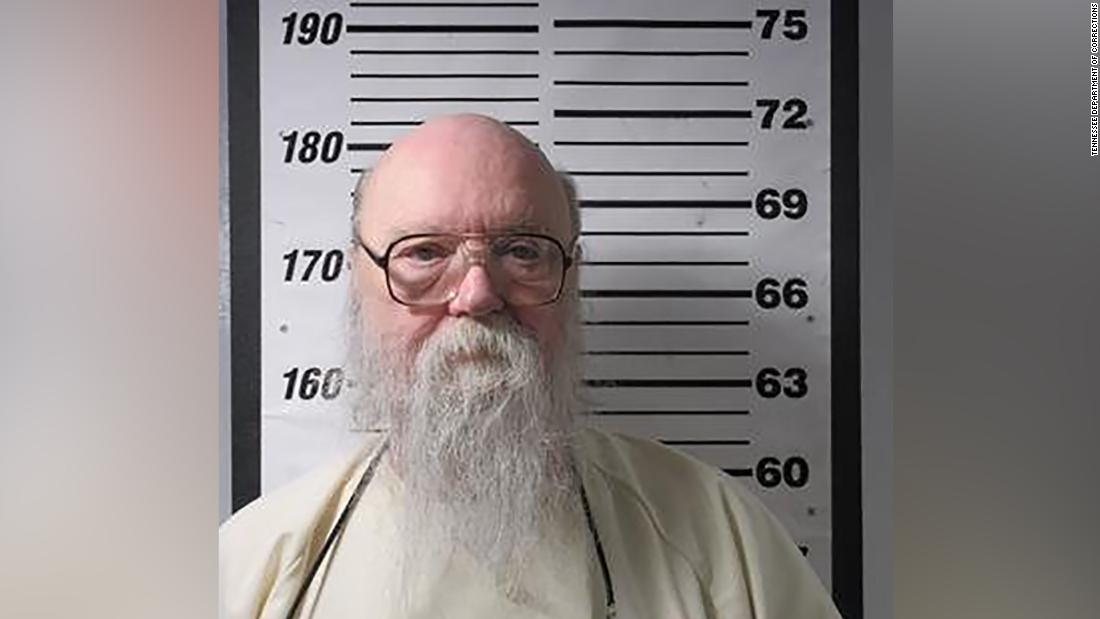The governor declined to intervene in Oscar Smith’s case Tuesday, setting the 72-year-old inmate up to be the first person executed in the state since the Covid-19 pandemic began.
“After thorough consideration of Oscar Smith’s request for clemency and an extensive review of the case, the State of Tennessee’s sentence will stand, and I will not be intervening,” Lee said in a
one-line statement announcing his decision.
Last week the state’s Court of Criminal Appeals denied Smith’s motion to reopen his case and his motion to have a DNA analysis review of the case. Monday, the state supreme court denied hearing his appeal.
“Mr. Smith has maintained his innocence for more than thirty years. New cutting-edge DNA evidence excluding Mr. Smith as the contributor of DNA evidence on the murder weapon in this case proves his claim,” Smith’s attorney, Amy Harwell, told CNN Tuesday night. “The state has erected an insurmountable roadblock to Mr. Smith’s claims of innocence. The Governor’s denial of clemency under these circumstances is extremely disappointing.”
Smith, the
oldest person on Tennessee’s death row, was
sentenced in 1990 for the murders of his estranged wife, Judith Smith, and her two sons, Chad and Jason Burnett, in Nashville.
On Monday night, Smith was moved to death watch, a three-day period in which the person being executed is moved to a cell near the death chamber and put under 24-hour observation, according to
the Tennessee Department of Correction.
The state has not performed an execution since
February 2020 when
Nicholas Sutton was put to death by electric chair.
The pandemic delayed executions in many states, including Tennessee, though annual execution numbers have been generally decreasing since the early 2000’s, according to
an analysis from the Death Penalty Information Center.
In recent years, some states have struggled to acquire the necessary drugs to perform executions by lethal injection, the widely preferred method in the US, essentially putting such executions on hold. In some cases, states will also put people to death by electrocution, though a
small number of states, such as South Carolina, are turning to
an alternative method — death by firing squad.








More News
Losing a Foot Never Held Her Back, Until She Tried to Join the Military
‘Challengers’: Normcore Clothes on Sweaty Bodies
‘Challengers’ Review: Game, Set, Love Matches